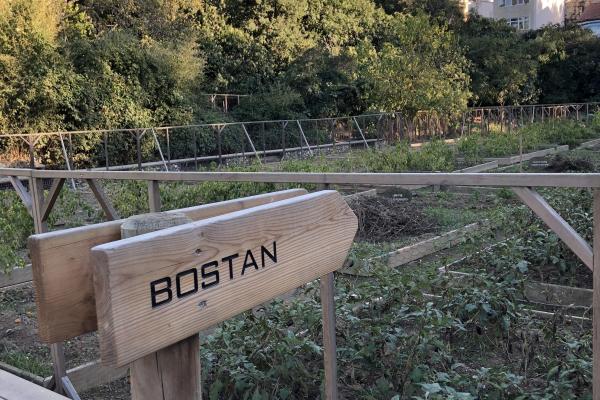Food Sovereignty Workshop Brief

On October 13th and 14th, 2022, Ohio State University held the food sovereignty workshop, Community-Centered Approaches for Food Systems Transformation. The workshop focused on university-community partnerships and the importance of learning from communities about their local food systems, both historically and in the present moment. It was a call to action, motivated by the need to address food and nutrition insecurity while also righting historical wrongs, especially to indigenous and minoritized communities.
The workshop brought together historians, anthropologists, communications and literature scholars, scientists of nutrition, aquaculture, public policy, and many others, making it a genuinely transdisciplinary event. Equally impressive was the number of individuals who are working locally in food systems transformation, in non-profit urban farming, government offices focused on food access, environmental protection, public health, and others. In total, 37 people attended the workshop, representing 27 different university units, 5 government offices, and 6 non-profit organizations, in addition to interested local citizens. We also welcomed the attendees who watched the keynote address online.
Often outsiders come with assumptions about what foods are right for a community based on the biases in their fields and the stereotypes they hold. We learned that researchers at the College of Menominee Nation in Wisconsin were surprised to find traces of farming in the local area going back hundreds of years. The tribal elders they asked about it pointed out that their perceptions had been guided by prominent misconceptions of indigenous people and the Menominee way of life.
University Libraries, the Global Water Institute, and the Middle East Studies Center partnered to make Community-Centered Approaches for Food Systems Transformation a reality. Dr. Brandy Phipps, the keynote speaker, also worked with the planning team to ground the workshop in real-world collaborative research between universities and the communities impacted by their work. You can listen to her keynote address here.
You may be wondering, “Why the Middle East Studies Center?” Are there food sovereignty movements in the Middle East? As a matter of fact, food sovereignty is a way of life in many parts of the Middle East, and historically it was even more so. Particularly among groups such as the Kurds and the Palestinians, local food systems are a critical part of community sovereignty efforts, just as they are for indigenous and minoritized communities in the U.S. In Yemen, efforts to continue growing local food remain steadfast, incredibly, despite unrelenting siege warfare. The prominent scholar of Yemeni history and culture, Dr. Dan Varisco, shed light on the problem of outsiders paying scant attention to the crops and agricultural practices going back centuries in Yemen.
We were honored that Dr. Varisco came to Ohio State to speak in the roundtable discussion, moderated by Ohio State’s own Dr. Mary Rodriguez, herself a leader in community-centered agricultural research. They were joined by Mr. Brian Kowalkowski and Dr. Kareem Usher, who shed light on community-centered research in the Menominee Nation, Belize, and other examples.
We continue to work on following up with the groups that formed and the many individuals that asked to be kept in the loop about subsequent activities. Next steps include forming an urban farming learning community focused on African American history and culture, collaborative research projects, and forming connections with colleagues in the Middle East and South Asia.
